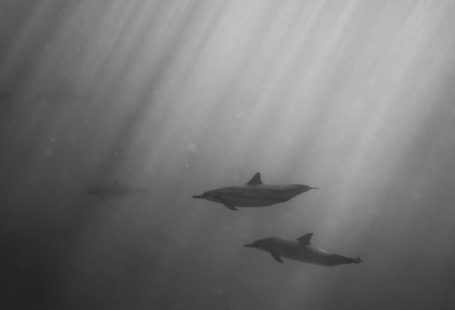Coral reefs are often referred to as the rainforests of the sea, harboring a vast array of marine life and playing a crucial role in maintaining the health of our oceans. Unfortunately, coral reefs around the world are facing numerous threats, including climate change, overfishing, pollution, and habitat destruction. As avid divers who have the privilege of exploring these underwater wonders, it is our responsibility to take action to protect and preserve coral reefs for future generations. Here are some ways that divers can contribute to coral reef conservation efforts.
Raise Awareness
One of the most important things that divers can do to support coral reef conservation is to raise awareness about the threats facing these fragile ecosystems. By sharing their experiences and knowledge with others, divers can help educate the public about the importance of coral reefs and the need for conservation efforts. Whether through social media, blog posts, or conversations with friends and family, spreading the word about the challenges facing coral reefs can help inspire others to take action.
Practice Responsible Diving
Responsible diving practices are essential for minimizing the impact of divers on coral reefs. Divers should always follow established guidelines for diving in reef areas, such as avoiding touching or standing on coral, using reef-safe sunscreen, and never feeding or harassing marine life. By practicing responsible diving, divers can help ensure that coral reefs remain healthy and thriving for years to come.
Get Involved in Conservation Projects
There are numerous organizations and initiatives dedicated to coral reef conservation that divers can get involved with. From reef monitoring programs to clean-up dives, there are plenty of opportunities for divers to contribute their time and skills to conservation efforts. By participating in these projects, divers can make a direct impact on the health of coral reefs and contribute to ongoing research and conservation work.
Support Sustainable Tourism
Tourism can have both positive and negative impacts on coral reefs. Divers can support sustainable tourism practices by choosing dive operators and resorts that prioritize environmental sustainability. Look for operators that have eco-friendly practices in place, such as using mooring buoys instead of anchors, implementing waste reduction measures, and supporting local conservation initiatives. By supporting sustainable tourism, divers can help ensure that their diving activities have a minimal impact on coral reefs and the marine environment.
Reduce Your Carbon Footprint
Climate change is one of the biggest threats facing coral reefs today, as rising sea temperatures and ocean acidification are causing widespread coral bleaching and die-offs. Divers can help reduce their carbon footprint by making simple changes to their lifestyle, such as reducing energy consumption, using public transportation, and choosing eco-friendly products. By taking steps to lower their carbon emissions, divers can help mitigate the effects of climate change on coral reefs and other marine ecosystems.
Conclusion:
As divers, we have a unique connection to the underwater world and a responsibility to protect the fragile ecosystems that we love to explore. By raising awareness, practicing responsible diving, getting involved in conservation projects, supporting sustainable tourism, and reducing our carbon footprint, we can all play a part in preserving coral reefs for future generations. Together, we can make a difference and ensure that coral reefs continue to thrive for years to come.





